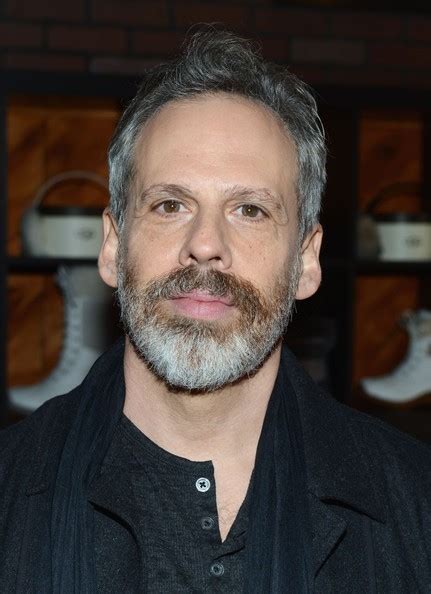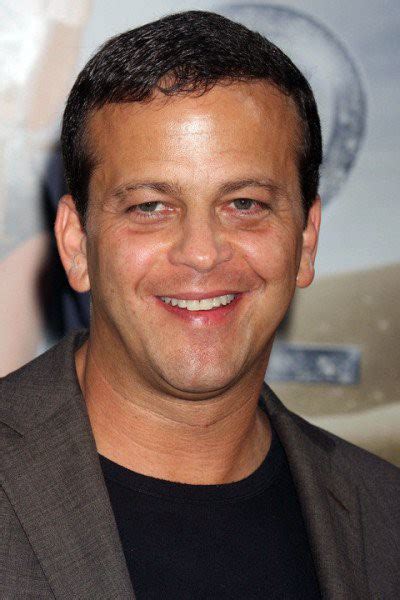A Quote by Jack O'Connell
I've had the good fortune of studying the 17th-century art of Amsterdam in preparation for a film.
Quote Topics
Related Quotes
Film is more than the twentieth-century art. It's another part of the twentieth-century mind. It's the world seen from inside. We've come to a certain point in the history of film. If a thing can be filmed, the film is implied in the thing itself. This is where we are. The twentieth century is on film. You have to ask yourself if there's anything about us more important than the fact that we're constantly on film, constantly watching ourselves.
In the Christian world, as you remember, Christianity is in the 21st century, Islam is in the 15th century. I don't mean to say that Islam is backward; I mean to say that there are certain experiences that it hasn't gone through. Christianity had the great religious wars of the 17th century. Islam, fortunately for the Muslims, did not have that. Christianity worked out a system of toleration. Islam was always more tolerant of Christendom.
The approach to that movie wasn't, 'Lets make this movie about Amsterdam and maple syrup.' The concept was, 'Lets go to Amsterdam. Amsterdam is fun.' So we flew to Amsterdam with our cameras and we saw what happened and then we got back and we sat down and we said, 'What's the movie here.' That's when we realized that the movie was 'The Maple Syrup Saga'.




































